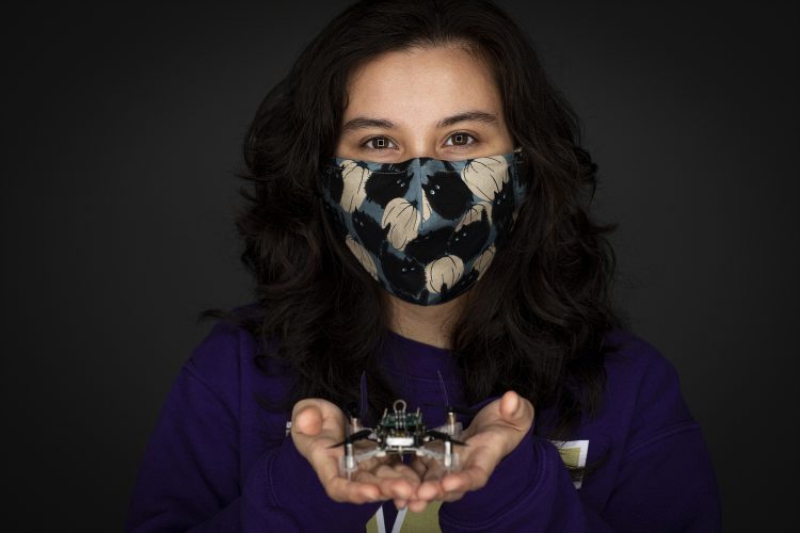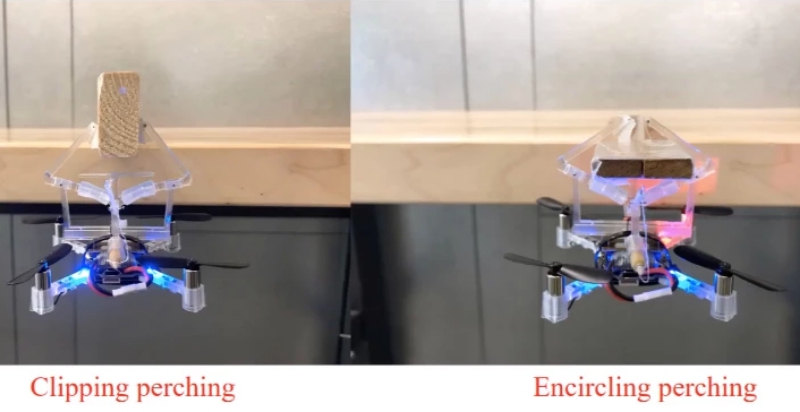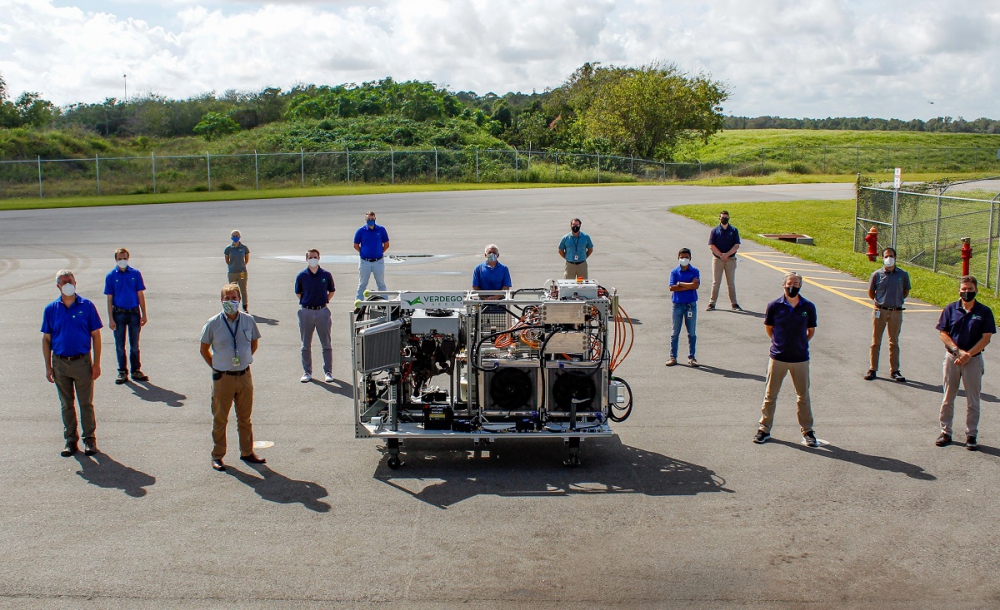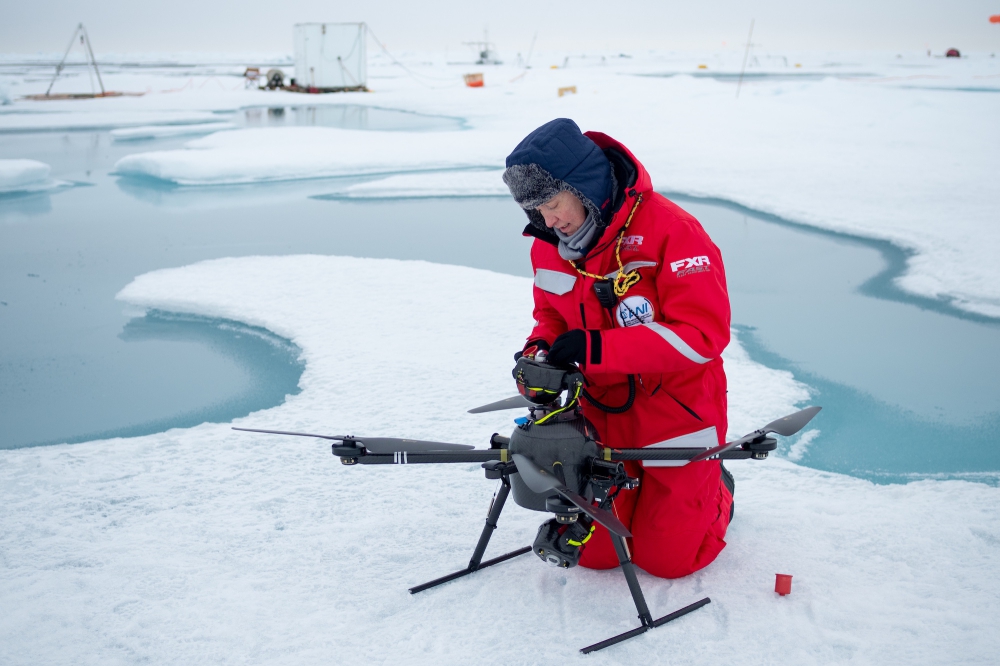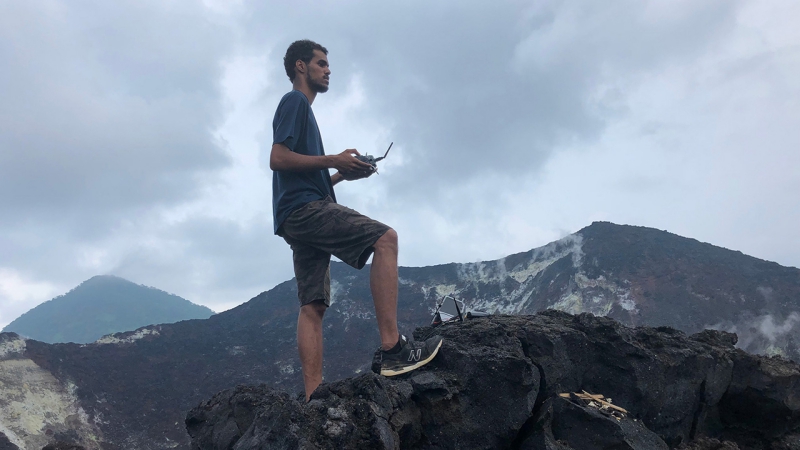One huge advantage of drones is that these little robots can go places where people can’t, including areas that might be too dangerous, such as unstable structures after a natural disaster or a region with unexploded devices. Continue reading
Category Archives: Research
Grippers Enable Micro Aerial Vehicles to ‘Perch’
A team of engineers at Colorado State University have designed a ‘gripper’ mechanism that allows MAVs to ‘perch’, rather than hover, in order to economise battery power. Continue reading
VerdoGo Aero, Embry-Riddle Team to Mitigate Electric Aircraft Noise
VerdeGo Aero, a hybrid-electric aerospace powertrain firm and tenant in Embry-Riddle Aeronautical University’s Research Park, has teamed up with the university to develop and commercialize patent-pending technology designed to mitigate electric aircraft noise. Continue reading
Next-Gen Drones Could Learn from Bumblebees’ Flight
An international study, led by researchers from UNSW Canberra, has discovered the secret of bumblebees’ self-aware dexterous flight, that could have applications for the next generation of drones and autonomous vehicles. Continue reading
Embry-Riddle Studies Hyperlocal Weather Prediction for Drone Operations
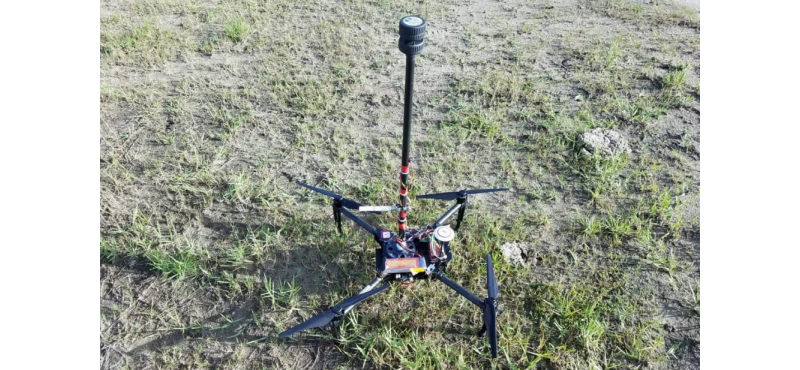
Embry-Riddle researchers have designed a General Urban area Microclimate Predictions tool, or GUMP, to better predict the effects of weather on UAS
A wide variety of services exist for macro weather prediction, but when it comes to how wind and storms impact unmanned aircraft systems (UAS), or drones — namely those meant for drone package delivery and air taxis — more localized forecasts are needed. That’s where researchers at Embry-Riddle Aeronautical University come in, as they contribute to a NASA project to develop tools for assessing and predicting hyperlocal weather conditions. Continue reading
Using Drones for Climate Mission at North Pole
Roberta Pirazzini set out an Arctic expedition to do something no one had ever tried before: fly a drone near the North Pole. Continue reading
University of New Mexico Gets Grant for Drone Swarms for Volcano Research
One can tell a lot from the composition of the gasses coming from active volcanoes about what is happening deep beneath. It is even possible to predict when an active volcano will erupt causing widespread damage, yet gathering this critical data can be extremely hazardous to the scientists studying the volcano. Continue reading
Survey On Global UAS Operations – ‘Interim’ Results Published
The ‘Interim’ Results of the Global UAS OPS survey on drone operations, which reflect the answers received from the survey respondents up to 1 October 2020, have been published and are available (free-of-charge) for downloading by all interested parties. Continue reading

